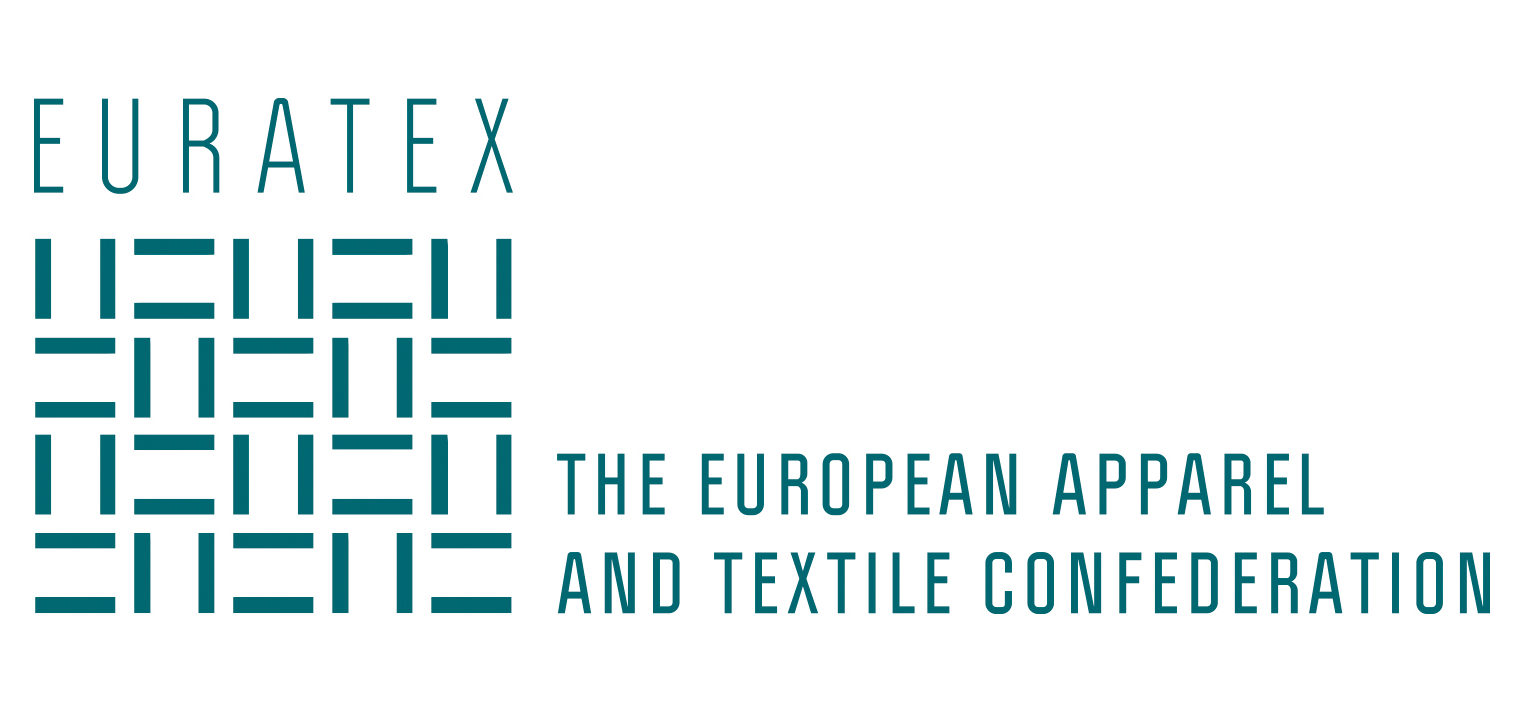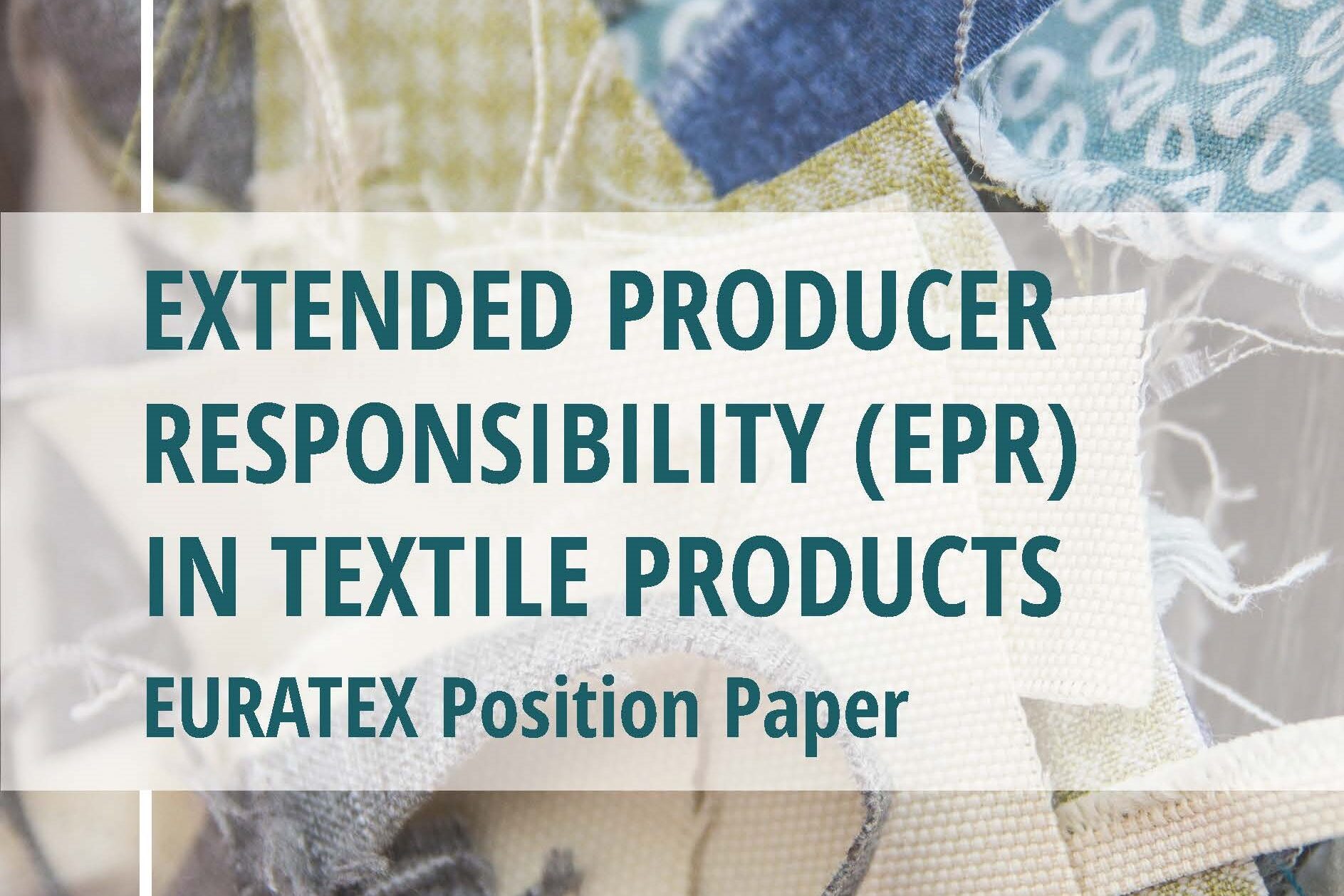The Waste Framework Directive (WFD) sets the basic concepts and definitions related to waste management, including definitions of waste, recycling and recovery. The WFD also regulates other important aspects such as when certain waste ceases to be waste and becomes a product, or a secondary raw material (end-of-waste criteria). It obliges the EU Member States (MS) to separately collect textile waste as of January 2025. It also encourages MS to use extended producer responsibility (EPR) schemes as an economic tool to achieve the objectives laid down in the Directive and it also provides some basic guidance on EPRs.
In July 2023, the European Commission proposed a revision of the WFD, including mandatory EPR for textiles and harmonisation in the management of textile waste.
EURATEX Position
• EPR harmonisation is essential for achieving circular economy goals, a level playing field and reducing unnecessary burdens for companies
• Micro enterprises should be included in the scope with simplifications
• Make online platforms jointly liable to ensure proper compliance
• Effective market surveillance is needed to eliminate free riders
• EPR should exclude PPE and reusable hygiene products, and include leather goods
• Common EPR fee structure is needed, including harmonised eco-modulation criteria based on the ESPR, and make the fee visible to the consumer
• Refrain from setting targets for recycling of textiles, market data is currently insufficient to inform better regulation
• Boost the development of the recycling value chain and support SMEs
• Provide sufficient time for implementation to develop EPR schemes tailored to national specificities and a smooth transition
• Ensure equal treatment of all EPR stakeholders and shared responsibilities
• Prioritise the development of EU-wide end-of-waste criteria for textile waste
• Provide a holistic approach to EPR to ease compliance, and uniform registration
• Ensure a consistent legal framework and effective consultation with stakeholders
Timeline
The European Parliament is currently debating its position on the proposed revision, following the publication of the ENVI Committee’s Draft Report and additional amendments in October-November 2023. The vote in ENVI is scheduled for February 2024, followed by a plenary vote in March 2024.
While the Spanish Presidency of the EU Council did not prioritise the proposal, technical discussions may be initiated by the Belgian Presidency as of January 2024. Trilogues will begin only after the co-legislators agree their positions.
In the meantime, the Joint Research Centre is preparing data to set reuse and recycling targets, as well define the end-of-waste criteria for textile waste.


